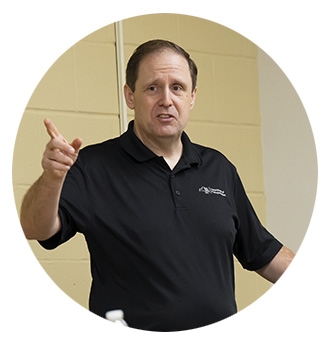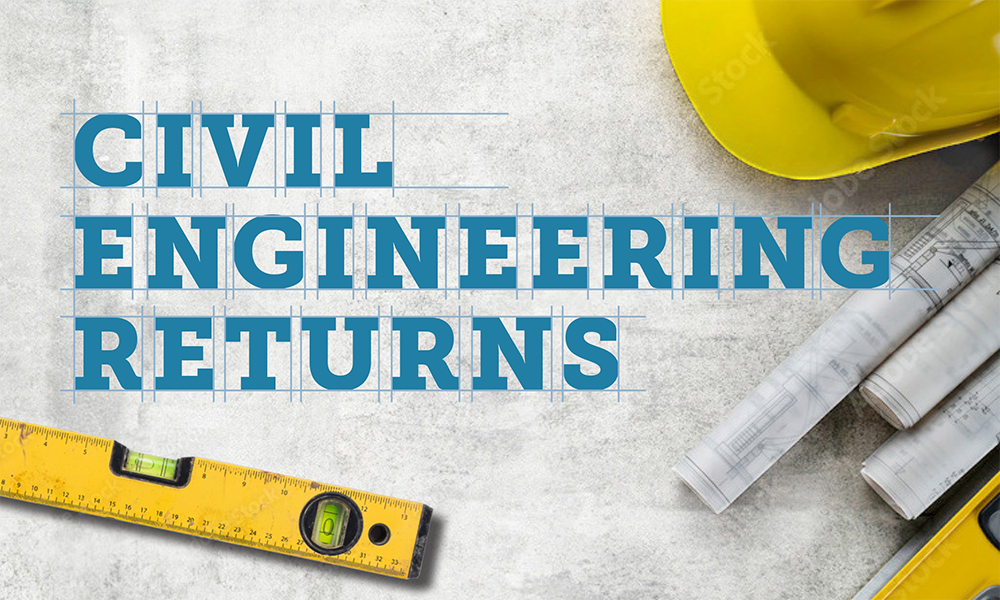What do you do now and what has your career been like so far?
I am the director of the Structure Policy and Innovation Bureau for the New York State Department of Transportation in Albany (NYSDOT). My varied work history started in bridge design and included work in standards, structural research and materials testing. It’s been quite a ride. My expertise has always been identifying the proper solutions for unusual problems. I have never been reluctant to investigate something new and, after due diligence, implement new technology.
For example, NYSDOT was the first to utilize fiber reinforced polymers to repair aluminum overhead sign structures – basically we’re putting high-strength plastic casts on aluminum joints. Welding it would have been the obvious solution, but aluminum doesn’t weld well in the field. Our solution drew national attention and I have conducted training on the process across the USA and Canada. This kind of stuff has been the most rewarding part of my career. When there’s a problem that can’t be solved using traditional methods and you’re able to create a solution, that feels great.
Civil engineering is a field that intersects many other disciplines. What makes it such a perfect crossroads for so many careers?
Civil engineering has an outsize impact on modern society. Right now, I’m part of a group working on the Hunts Point Project in the Bronx. Our job is to figure out how to move a highway that runs through a residential area – to basically elevate it above the neighborhood. People in this area have high rates of asthma, according to studies. By raising the road so motorists can just drive through the area, rather than idling at street level, we can reduce pollution that’s linked to asthma. If you want to have a lasting impact on society, being a civil engineer is a great way to start.
How do you feel about civil engineering’s reinstatement?
I am thrilled to have the major back at the College. The civil engineering program started in 1845 and it never should have left Union. Civil engineers are critically important to civilization, from roads and bridges to wetland preservation and water treatment. Civil engineering lays the foundation that everything else is built on.
How did your time at Union impact your path?
Professor Paul Weiss was my academic advisor and instructor for steel design and the engineering presentation/public speaking class. While he never complimented my steel design prowess, he did tell me that I had a talent for public speaking. That turned out to be prophetic. I have developed a reputation as an engaging public speaker and have been asked to present at conferences and training seminars across the country and internationally. For instance, I collaborated with Swedish engineers to publish a couple technical papers in peer-reviewed civil engineering journals and was subsequently invited to speak in Sweden on three separate occasions. I am currently working with another Swedish professor on a paper and have plans to speak at another upcoming conference in the next year or two.


